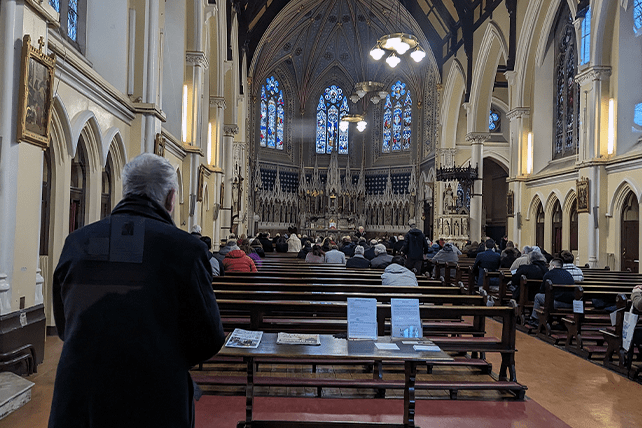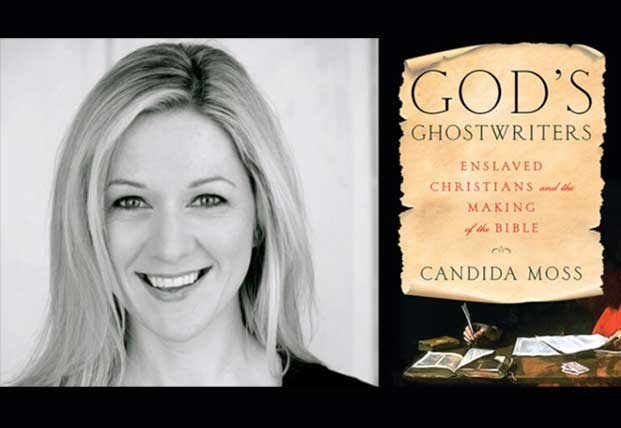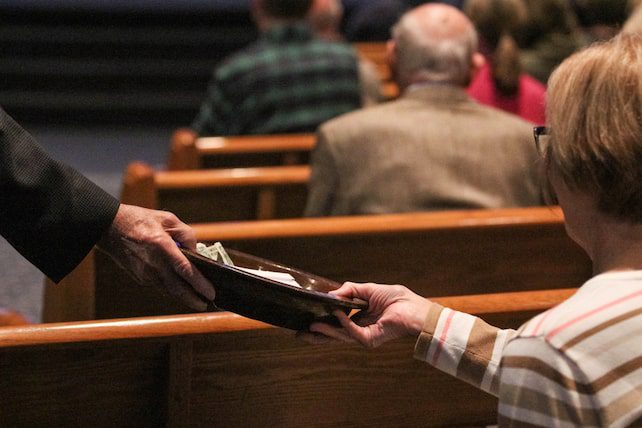The virtues of compassion and empathy lie at the very heart of Christian doctrine, epitomized through the life and teachings of Jesus Christ. Throughout the Bible, we encounter numerous instances where Jesus not only speaks of love and kindness but also demonstrates them through His actions. Whether He was healing the sick, feeding the hungry, or offering solace to the troubled, Jesus’ compassion embodied the purest form of empathy.
These traits were not mere aspects of His character but the very essence of His ministry. By understanding and practicing Jesus’ teachings, Christians are called to a life that transcends mere observance of religious rituals. Instead, they are invited into a profound, life-changing relationship characterized by love for one another. Let’s explore the depths of Jesus’ compassion and empathy, illustrating how these divine virtues can be manifested in our daily lives. In doing so, we not only draw closer to understanding the heart of Christianity but also undertake the transformative journey of becoming more Christ-like in our actions and attitudes.
Jesus’ Compassion and Acts of Empathy
Jesus Christ’s life on earth was marked by acts of profound compassion, providing physical, emotional, and spiritual healing. Through His miracles and interactions, He addressed the immediate needs of the people while teaching lessons of kindness and mercy that resonate through the ages.
Healing the Sick: One of the most striking aspects of Jesus’ ministry was His willingness to heal those in physical distress. The Gospels are replete with stories of Jesus healing the sick, which serve not just as miracles but as demonstrations of His compassion. For example, when a leper approached Jesus, breaking societal norms and risking ostracization, Jesus reached out and touched him, saying, “I am willing; be clean.” (Matthew 8:3) This act not only healed the man but also restored his dignity and place in society.
RELATED: Jesus Demonstrates God’s Love in the Healing of Jairus’ Daughter
Feeding the Hungry: Jesus’ compassion was not limited to physical healing. He also cared deeply for the basic needs of people. The feeding of the 5,000 (Matthew 14:13-21) is a prime example of this. Faced with a vast crowd of hungry followers, Jesus could have sent them away. Instead, He multiplied five loaves and two fishes, ensuring that everyone was fed. This miracle highlights His understanding of human needs and His readiness to provide.
Comforting the Broken-hearted: Jesus showed immense empathy towards those who were grieving or troubled. The story of Mary and Martha mourning the death of their brother Lazarus shows Jesus in a deeply empathetic light. He did not just offer platitudes; He shared in their sorrow, weeping alongside them before ultimately raising Lazarus from the dead. This act of raising Lazarus was not only a demonstration of His divine power but also a profound statement of His compassion towards those who suffer loss.
Through these actions, Jesus demonstrated that compassion is not a passive emotion but an active commitment to alleviate suffering. His approach went beyond mere sympathy, extending into genuine actions that uplifted the lives of many. In today’s context, these stories encourage us to not only feel compassion but to act on it, helping those in need whenever and however we can.






















 Generosity is at the heart of the Christian faith, and as
Generosity is at the heart of the Christian faith, and as 







